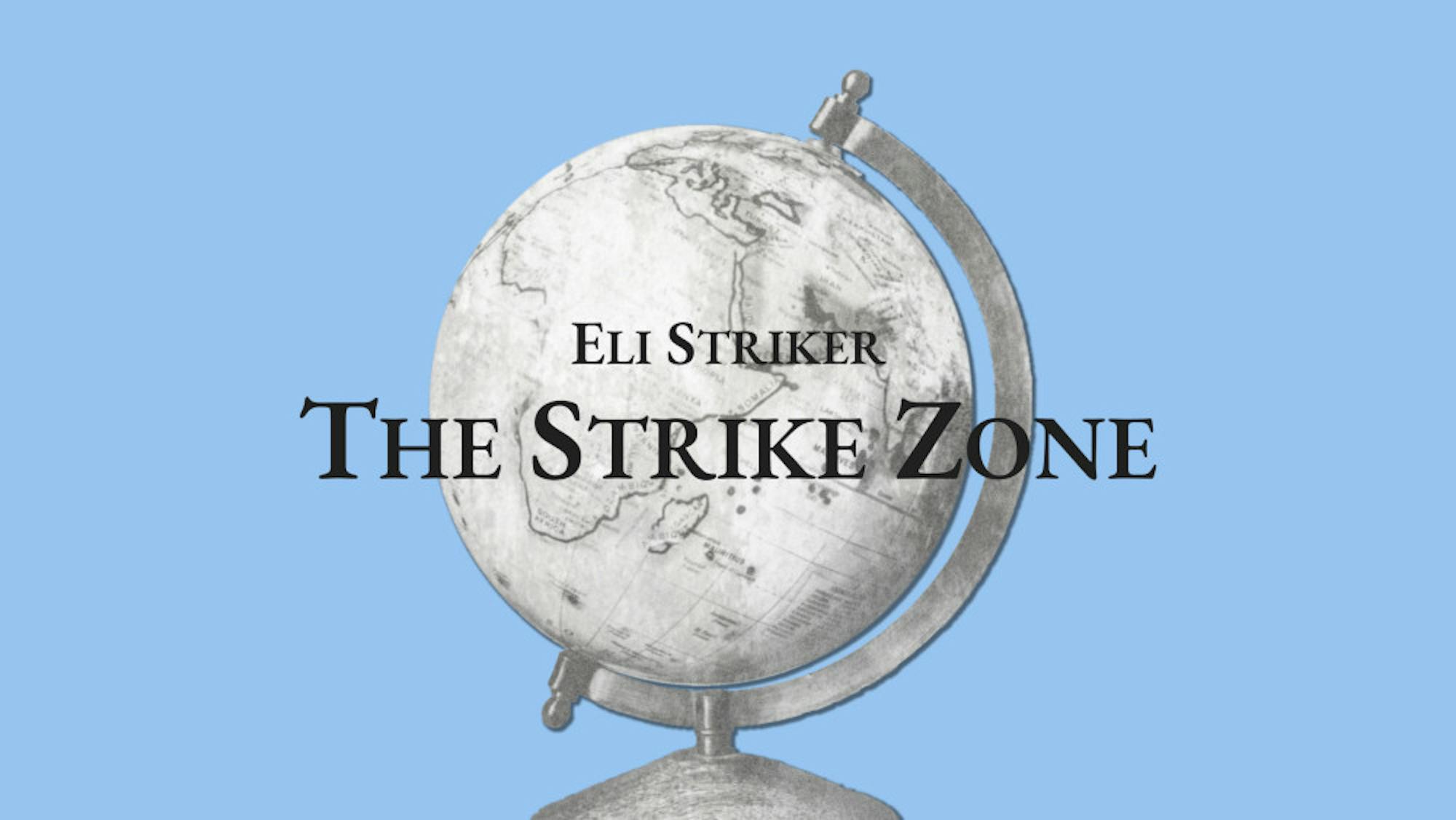Since the election of President Biden, U.S.-Russia relations have quickly worsened; the U.S. government fell victim to a cyber hack by Russian hackers in December and Western-backed politician Alexei Navalny has inspired pro-democracy protests across Russia in recent weeks.However, in a rare display of Russian-American cooperation, the United States and Russia recently agreed to extend the New START treaty,an agreement that limits both nations’ nuclear stockpiles. Despite extreme tension, the United States and Russia have historically found common ground on the issue of nuclear weaponry. Since the implementation of nuclear technology, nuclear limitation treaties have served as the backbone of cooperation between the two nations. For example, after the 1962 Cuban Missile Crisis — the closest any two nuclear nations have ever come to war — Soviet-American relations were restored through the Strategic Arms Limitation Talks of the late 1960s and 70s, in which both countries agreed to reduce their production of nuclear weapons. It may sound counterintuitive, but nuclear weaponry has been crucial in preventing major warfare since World War II. The threat of mutually assured nuclear destruction deters countries from engaging in total interstate wars and gives countries incentive to strengthen international institutions through arms control treaties and collective security measures.
Since the end of World War II, zero interstate wars have been fought between democratic countries, an unprecedented phenomenon in recent history thathas been debated by scholars for decades. Cynical “realist” scholars, who believe that humans are inherently selfish, argue peace exists because the strategic and economic benefits of winning a war are now outweighed by the casualties of modern war. In contrast, “liberal” scholars believe that democratic values and political-economic interdependence between countries provide the modern world with stability and order.Nuclear peace theory combines thinking from both schools of thought, meshing the realist fear of mutually assured destruction with liberal support for international cooperation. Critics of nuclear peace believe that it is fragile, as one irresponsible action by a rogue leader could set off a chain of events that lead to nuclear Armageddon. However, we have seen the effects of nuclear weaponry in the wrong hands; Kim Jong Un, arguably the most erratic, autocratic leader in the world today, has access to intercontinental ballistic nuclear missiles, but even he has never come close to deploying them. Instead, rogue leaders tend to use nuclear weapons as a bargaining chip, as credible possession of a nuclear bomb represents a powerful trump card for negotiations.
The arguments against nuclear proliferation are valid and logical; nuclear weapons are more destructive than anything humans have ever created and have become exponentially more powerful since World War II. However, the invention of nuclear weaponry brought forth a period of unprecedented peace in modern history, so it is safe to say that nuclear weapons — despite being horrific weapons of mass destruction — have prevented millions of more deaths than they have caused.






